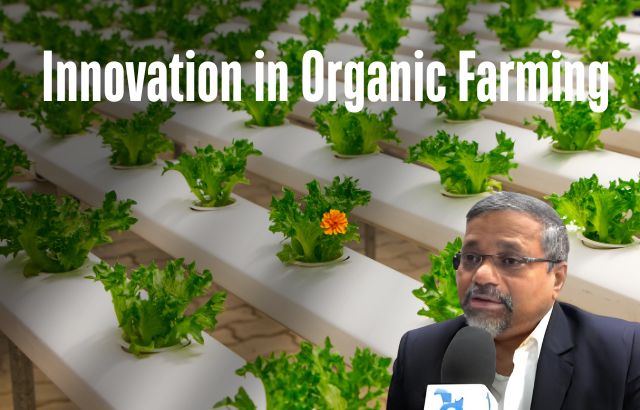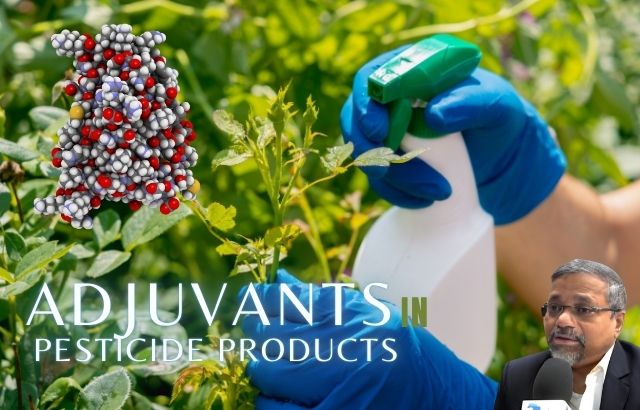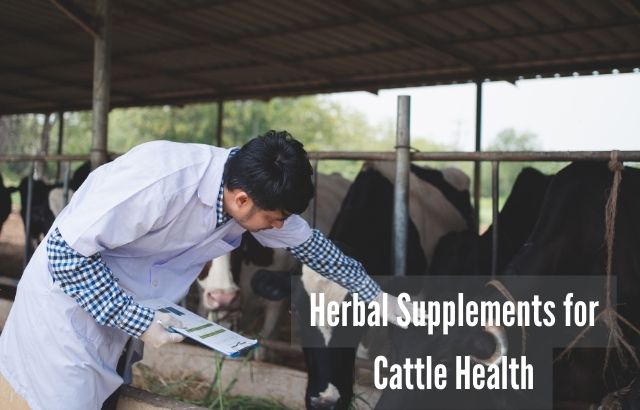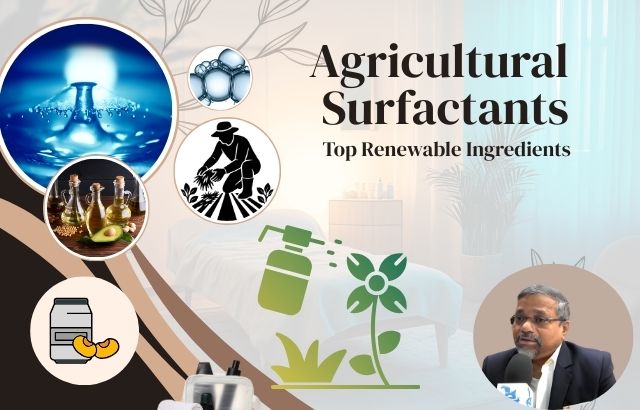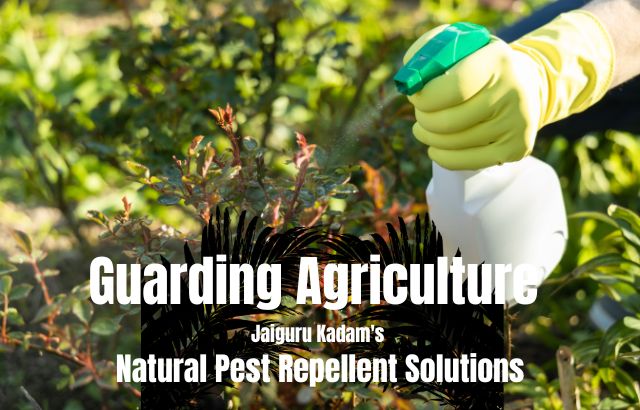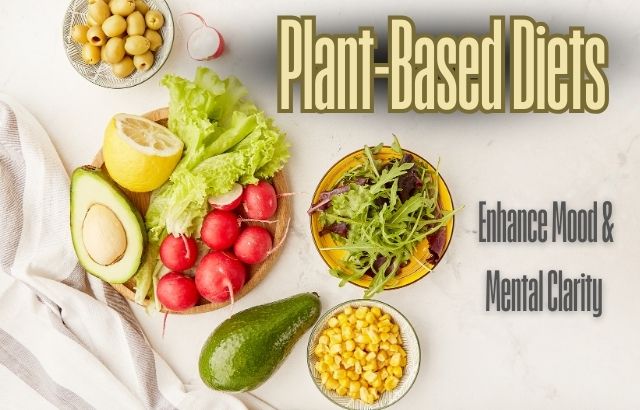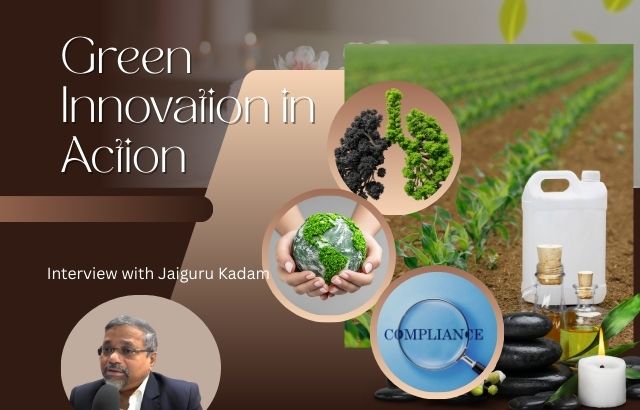Organic farming has seen a surge of innovation in recent years, as the demand for environmentally friendly and sustainable agricultural practices continues to grow. Farmers are adopting new technologies, organic fertilizers, and sustainable pest control methods to improve yields while reducing their environmental impact. In this blog post, we will explore some of the recent innovations in organic farming and discuss the future of this growing industry and its potential global impact.
1. New Technologies Revolutionizing Organic Farming
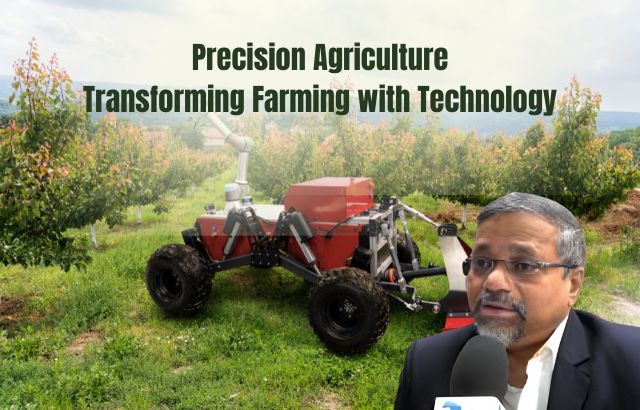
Technology is playing a crucial role in the transformation of organic farming, helping farmers meet the growing demand for organic products while maintaining sustainability. Some key innovations include:
a. Precision Agriculture
Precision agriculture involves using advanced technologies like drones, sensors, and satellite imagery to monitor crops and optimize farming practices. These technologies help organic farmers apply water, nutrients, and organic fertilizers more efficiently, reducing waste and ensuring healthier crops.
b. Autonomous Farming Equipment
Autonomous equipment, such as robotic tractors and harvesters, is revolutionizing organic farming by reducing labor costs and improving the precision of farming practices. These machines can perform tasks like planting, weeding, and harvesting with minimal human intervention, all while reducing soil compaction and protecting the health of the land.
c. Artificial Intelligence (AI) in Crop Management
AI-driven tools are helping organic farmers monitor crop health, predict weather patterns, and optimize irrigation schedules. By collecting and analyzing large amounts of data, AI is enabling farmers to make more informed decisions and reduce resource use, contributing to both higher crop yields and lower environmental impacts.
2. Organic Fertilizers: Advancements and Benefits

Organic fertilizers are a vital component of sustainable farming practices, providing essential nutrients to crops while maintaining soil health. Several recent innovations have improved the efficacy and accessibility of organic fertilizers:
a. Bio-Based Fertilizers
Bio-based fertilizers, derived from natural sources like plant matter, animal manure, and microbial organisms, are gaining popularity among organic farmers. These fertilizers not only improve soil fertility but also enhance soil biodiversity, increase water retention, and reduce the risk of nutrient runoff into nearby water sources.
b. Vermicomposting
Vermicomposting is a process that uses earthworms to break down organic waste into nutrient-rich compost. The resulting vermicompost is a powerful organic fertilizer that improves soil structure, promotes healthy root growth, and enhances the natural microbial ecosystem in the soil. As farmers continue to look for sustainable ways to fertilize their crops, vermicomposting has emerged as a popular option.
c. Seaweed-Based Fertilizers
Seaweed-based fertilizers, made from algae, are being increasingly used in organic farming. These fertilizers contain essential minerals and growth hormones that help plants thrive in various soil conditions. Additionally, seaweed fertilizers can improve the soil’s ability to retain moisture and nutrients, making them particularly valuable for organic farmers in dry regions.
3. Sustainable Pest Control Methods

Pest management is one of the greatest challenges in organic farming, as the use of synthetic chemicals is prohibited. However, there have been numerous advancements in sustainable pest control methods that allow organic farmers to effectively protect their crops without resorting to harmful chemicals:
a. Biological Pest Control
Biological pest control involves using natural predators or pathogens to control pest populations. For example, beneficial insects like ladybugs and predatory beetles are being introduced to organic farms to control aphids and other pests. Similarly, natural bacteria like Bacillus thuringiensis (Bt) are used to target specific insect larvae without harming other species.
b. Plant-Based Pesticides
Plant-based pesticides, derived from natural sources like neem oil, garlic, and chili peppers, are being used as alternatives to synthetic chemicals. These plant-derived products are effective at repelling or killing pests while being safe for beneficial insects and the environment.
c. Integrated Pest Management (IPM)
Integrated Pest Management (IPM) is a holistic approach to pest control that combines various strategies, including biological control, crop rotation, and physical barriers. By integrating multiple methods, IPM minimizes the need for chemical interventions and encourages natural pest control mechanisms in the ecosystem.
4. The Future of Organic Farming
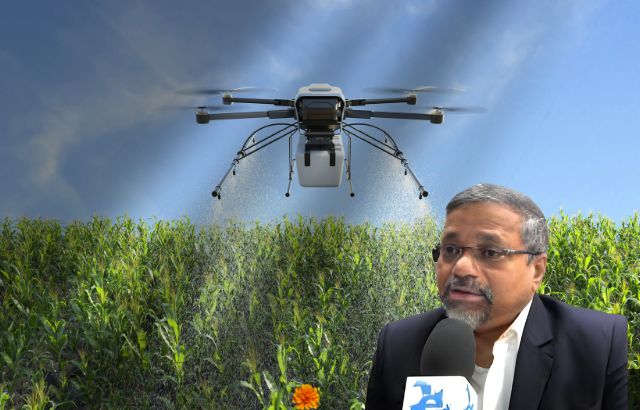
The future of organic farming looks promising, with continued advancements in technology, sustainable practices, and consumer demand. The following trends highlight the potential growth and global impact of organic farming in the coming years:
a. Increased Adoption Worldwide
As awareness of environmental issues like climate change and soil degradation continues to grow, more farmers worldwide are transitioning to organic farming methods. Governments are also introducing policies and incentives to support sustainable agricultural practices, making organic farming more accessible to farmers in developing regions.
b. Growth of the Organic Market
The global organic food market is expected to continue growing, driven by increasing consumer demand for healthier, sustainably produced food. This growth presents an opportunity for farmers to tap into a premium market and for businesses to invest in organic farming innovations.
c. Enhanced Sustainability
With innovations in technology, organic fertilizers, and pest control methods, organic farming has the potential to become a leading solution for addressing global food security and environmental sustainability. By prioritizing soil health, biodiversity, and carbon sequestration, organic farming can play a pivotal role in mitigating the effects of climate change and promoting long-term agricultural sustainability.
5. Conclusion: The Global Impact of Organic Farming
Recent innovations in organic farming are revolutionizing the industry and driving its growth on a global scale. With new technologies, advanced organic fertilizers, and sustainable pest control methods, organic farming is poised to become a significant player in the future of food production. The potential global impact of organic farming is immense, offering a sustainable and environmentally friendly alternative to conventional farming practices. As consumers continue to demand organic products, the innovations in this sector will contribute to healthier food, healthier ecosystems, and a more sustainable future for agriculture worldwide.

